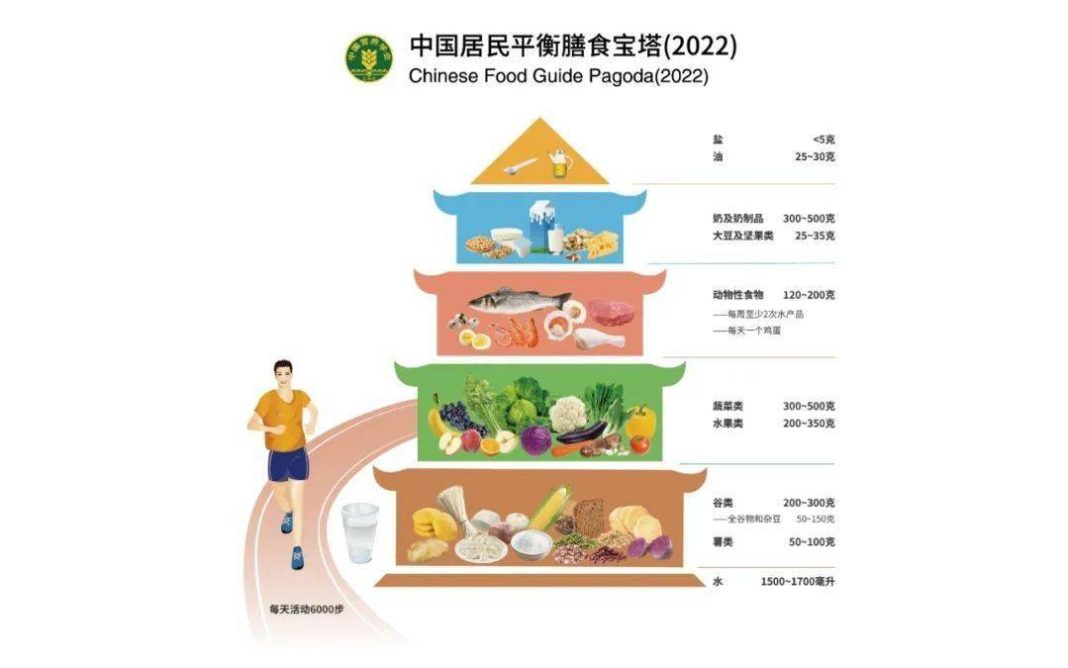In recent years, in many health education materials about the diet of the elderly, the most emphasized point is “light diet.” This is not wrong, but many people have a misconception that a light diet means vegetarianism, even primarily consuming vegetables all day and avoiding staple foods and meat, which is incorrect.
Compared to middle-aged and young people, the elderly have a lower metabolism rate, reduced physical activity, and significantly lower daily calorie needs. It is necessary to reasonably control calorie intake based on their own nutritional status, but it is essential to supplement an adequate amount of high-quality protein; otherwise, it is easy to develop conditions such as weakened immune system and muscle atrophy.
In summary, the daily diet of the elderly should follow the principle of “rich in fruits, vegetables, protein; low fat, low sugar, low salt.” Pay attention to consuming sufficient amounts of fresh vegetables, fruits, low-fat dairy products, poultry, fish meat, and a moderate amount of soy products and nuts.
However, the implementation of the above principles should also vary from person to person. If someone is overweight, they need to strictly control their calorie intake, avoid overeating staple grains and oily foods (such as fatty meat) all the time, and not eat to the point of feeling too full. If someone is thin, they should not strictly restrict total calorie intake; for the elderly, malnutrition is more frightening than excess nutrition.
Now, let’s talk about the issue of eating meat.
Regarding meat consumption, there is a simple principle: consume less four-legged animals (pork, beef, lamb), eat moderate amounts of two-legged animals (chicken, duck), and encourage the consumption of animals without legs (fish). Pork, beef, and lamb have higher fat content, chicken and duck have relatively low calories and higher protein content, while fish has the lowest calorie content and is rich in high-quality protein and unsaturated fatty acids, thus being more beneficial to health. This means that meat should be consumed, but mainly in the form of chicken, duck, and fish, especially fish.
To ensure an adequate protein intake, elderly people are encouraged to drink a glass of milk daily and consume fish at least two to three times a week (preferably sea fish). This is reasonable.
As for the consumption of staple foods, it mainly depends on body weight. Elderly people of advanced age should not be too thin; it is preferable to have a slightly plump physique. Therefore, for elderly people with slender body shapes, the intake of staple foods should not be excessively restricted. Conversely, if one is visibly obese, a moderate restriction on staple food intake is necessary.
If you found this article useful, please share it with your family and friends.
Follow “Guo Yifang Frontier of Heart” to receive useful health knowledge daily.
(Guo Yifang, Hebei People’s Hospital)
Elderly people getting thinner? Should be taken seriously! For those over 80 years old, the most concerning issue should be malnutrition, not overnutrition!


